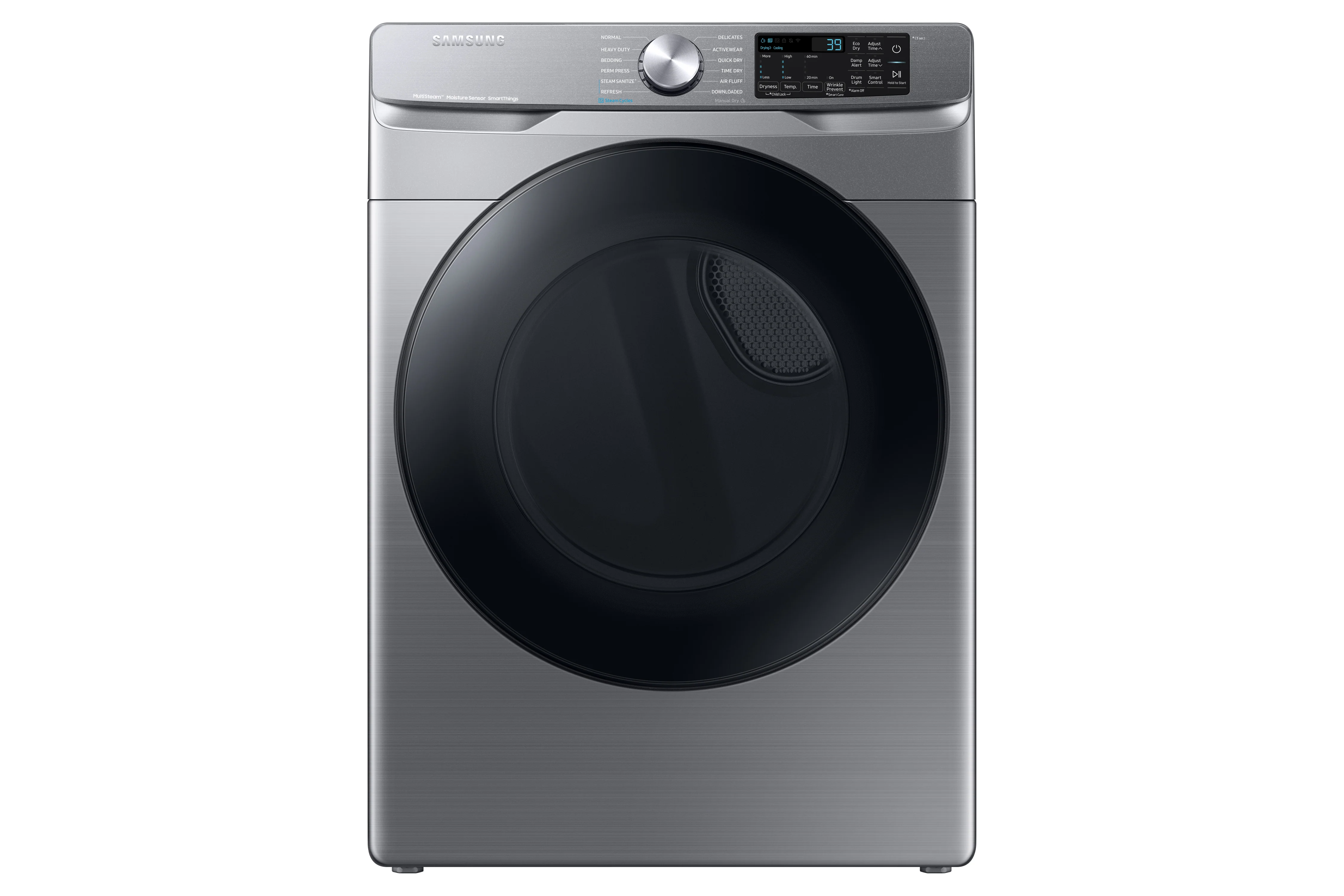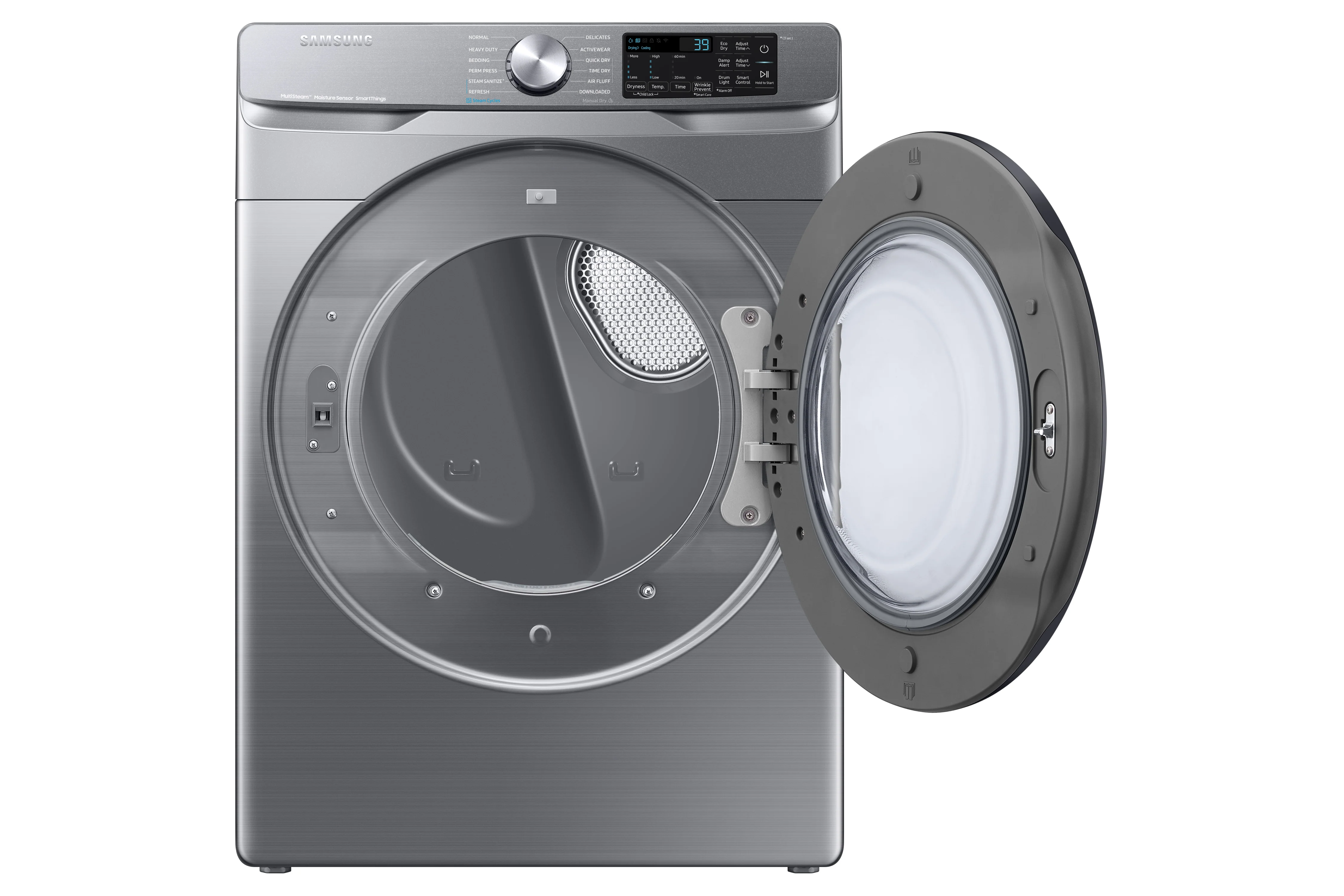Last Updated: May 31, 2025
Your fridge may be different from the quiet and calm kitchen buddy it used to be a few years back. Like every machine, a refrigerator is also a kitchen appliance that is affected by wear and tears with time. So, if your fridge is loud, consider it a warning to avoid it breaking down in the future. On the flip side, your fridge can also make noises that are completely normal and require no action on your part. This article will help you understand when to be concerned by the noise of your fridge and when you should simply ignore it.
The article will cover the following:
Get the Right Refrigerator for Your Home
Check out every refrigerator we have to offer.
Why Is My Fridge Making Noises?
Your fridge might be trying to tell you something with the noise. If you listen carefully, you will know that not all fridge noises are the same. This is where you need to educate yourself about the normal noises a fridge makes and when the refrigerator is calling out for help.
For instance, a sizzling sound from your fridge might freak you out, but it is actually the water dripping into the defrost heater. However, a grinding or scraping sound can be alarming as it indicates something is hitting the internal fans. A fridge has two fans, the condenser fan at the bottom and the evaporator fan in the freezer. Any obstruction to either of these fans can generate a knocking or scraping sound.
A rapid buzzing or vibrating sound can indicate that the icemaker is not connected to the water supply. Keeping the ice maker disconnected from the water supply while it is on can affect the appliance's longevity. Another common noise made by refrigerators is a rattling sound, which can signal not just one but multiple concerns. It can be caused by the fridge not standing level or the outer surface rubbing against a wall or cabinet. A rattling sound can also be heard if the drain pan at the bottom is too loose.
A mild humming sound coming from a fridge is normal because it is the sound of the compressor. However, if the sound becomes so loud that you can hear it from next door, your compressor needs to be repaired. If you hear a kind of chirping sound from your fridge, don’t take it lightly. It could be the evaporator fan falling apart, and it needs immediate fixing for the freezer to work efficiently. A buzzing sound with a rapidly blinking light usually means that the light inside the fridge is about to wear out.
What Fridge Noises Are Normal?
Now that you know most of the abnormal or alarming sounds a refrigerator could create, you should also learn what’s normal. Your fridge is an appliance that will produce some type of noise, frequently or rarely, when switched on. So, here is a brief description of the noises you don’t have to worry about.
Every fridge has a refrigeration system with a compressor that creates a humming noise. The level of the sound depends on the age of the appliance, its installation, and its use. When a fridge is loaded, this humming sound may increase, which is normal, but it should not be loud enough to be heard from the next room. Similarly, popping or cracking noises might mean the contraction or expansion of the internal parts due to a shift in temperature, which is absolutely normal.
As mentioned earlier, a sizzling sound means the dripping of water, which is not alarming. There are also other mechanical sounds that do not denote a malfunction. If the condenser fan is not cleaned frequently, it can make some sort of noise due to the debris stuck in the blade, which doesn’t need immediate attention.
Shop the Best Refrigerators for You
Discover your perfect fridge in our full range.
When Do I Need to Worry About Fridge Noise?
If you don't want your fridge to rebel and suddenly stop working, then pay attention to sounds that indicate a failure. This article has already revealed some of the alarming sounds generated by a fridge. Now, this bit will go into detail to help you distinguish between two similar sounds to understand which needs to be fixed and which can be ignored.
Louder sounds from a fridge can make you worry, but sometimes even mild, unusual sounds need to be investigated immediately. A scraping or grinding noise made by a broken or obstructed condenser should never be ignored. Even the mildest of scraping sounds can burn a hole in your wallet, so fix it before it's too late. In the same way, pay attention to a clicking or buzzing sound that comes from an ice maker that is not connected to the water supply. There is no other way a clicking sound can be normal in your fridge.
Never ignore a rattling sound, as it can indicate multiple issues, like friction on the outer surface or the fridge not sitting at the right level. The drain pan can also be a concern and needs to be fixed immediately to boost the fridge's efficiency. Coming to the compressor, yes, a humming noise is normal but can also be a concern. Remember that the compressor makes a humming noise during operation, and as the fridge gets older, this sound might increase a bit depending on use.
When the fridge is stuffed, the compressor has to work harder and will produce a louder noise. However, if the noise is ear-shattering, it is malfunctioning. Also, if the compressor is not making any noise, then that is a cause for alarm because a silent compressor indicates it is not functioning, which can adversely impact the fridge’s cooling ability.
How Do I Stop My Fridge from Making Noise?
Here comes the most important part of this article. It is natural for you to be concerned if your fridge is making an alarming noise and try to fix it. To begin with, you have to identify if the mechanical problem can be fixed yourself or if it requires professional help. Here is a detailed guide on this, which can be your handy refrigerator maintenance checklist.
First, you have to disconnect the fridge and investigate the problem based on the type of noise it is producing. You can search the most likely problem areas inside or outside the fridge to locate the malfunction. Then by observing the condition of the failure, you have to decide if it can be fixed at home or needs professional assistance. DIY fixing new refrigerators within the warranty period is a bad idea. It can void the warranty and even the free services that the product may be due.
For a scraping or grinding sound, check both the condenser and evaporator fans. Clear the obstruction or any debris that is affecting the movement of the fans. To check the condenser fan, you need to remove the rear access panel. For the evaporator fan, you have to open the freezer and remove the cover over the fan to inspect it. If you find the blades are broken or worn away, try replacing them as soon as possible. Cleaning can be done at home, but if you need to replace the blades, call a professional.
To stop the clicking or buzzing sound of the icemaker, locate the switch or metal shut-off arm and turn it off. Connect it to the water supply before turning it on, and if you don't need ice continuously, it’s better to switch it off. To find the source of a rattling sound, inspect the exterior of the fridge. Ensure a few inches gap between the fridge and the wall or cabinet for breathing space. If the sound continues, place a spirit level on top of the fridge and adjust the legs to ensure it’s standing perfectly level on the floor. If a loose drain pan is causing the sound, then you can fix it with duct tape, but follow the user manual to access the evaporator drain pan.
Fixing a compressor can be a challenge. The easiest way to stop a loud hum is by switching the fridge off and switching it back on again after a few minutes. If the noise persists, it’s best to call in a professional because compressors are extremely expensive and waiting to fix them can cost you a lot of money.
Discover Your Perfect Fridge
Explore our complete refrigerator collection now
Conclusion
Modern refrigerators are designed to cause minimal noise during operation. This way, it becomes easier to identify if any loud noise is a concern as opposed to inspecting an older fridge that is usually noisy. Coast Appliances offers the most advanced refrigerators from the world’s most trusted brands. From French door refrigerators and bottom mount refrigerators to built-in integrated fridges, under-counter fridges, and side-by-side refrigerators, Coast Appliances’ collection is extensive and fits any requirement and budget. So, if you find your fridge needs major repairs that are going to be expensive, it is wiser to instead invest that money in a new refrigerator that will save you the headache of it breaking down or requiring repairs in the years to come.
FAQs About Fridge Noise
Here are a few common questions people ask when dealing with a noisy fridge:
Can a noisy fridge be fixed?
Of course, you can fix a noisy fridge if you can inspect the appliance and locate the problem. If the issue is a small one, like dirt or loose equipment, you can fix it yourself. To address a major issue, call a professional.
Why is my fridge making a humming noise?
A mild hum or even a clear humming sound is normal for a fridge that is switched on. It comes from the compressor, and there is nothing to worry about. However, if the hum becomes deafening or the cooling capacity has decreased considerably, call a professional to fix the compressor.














































































































